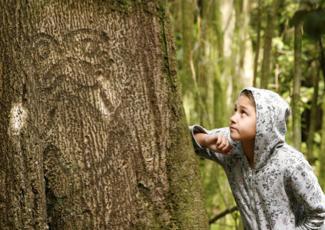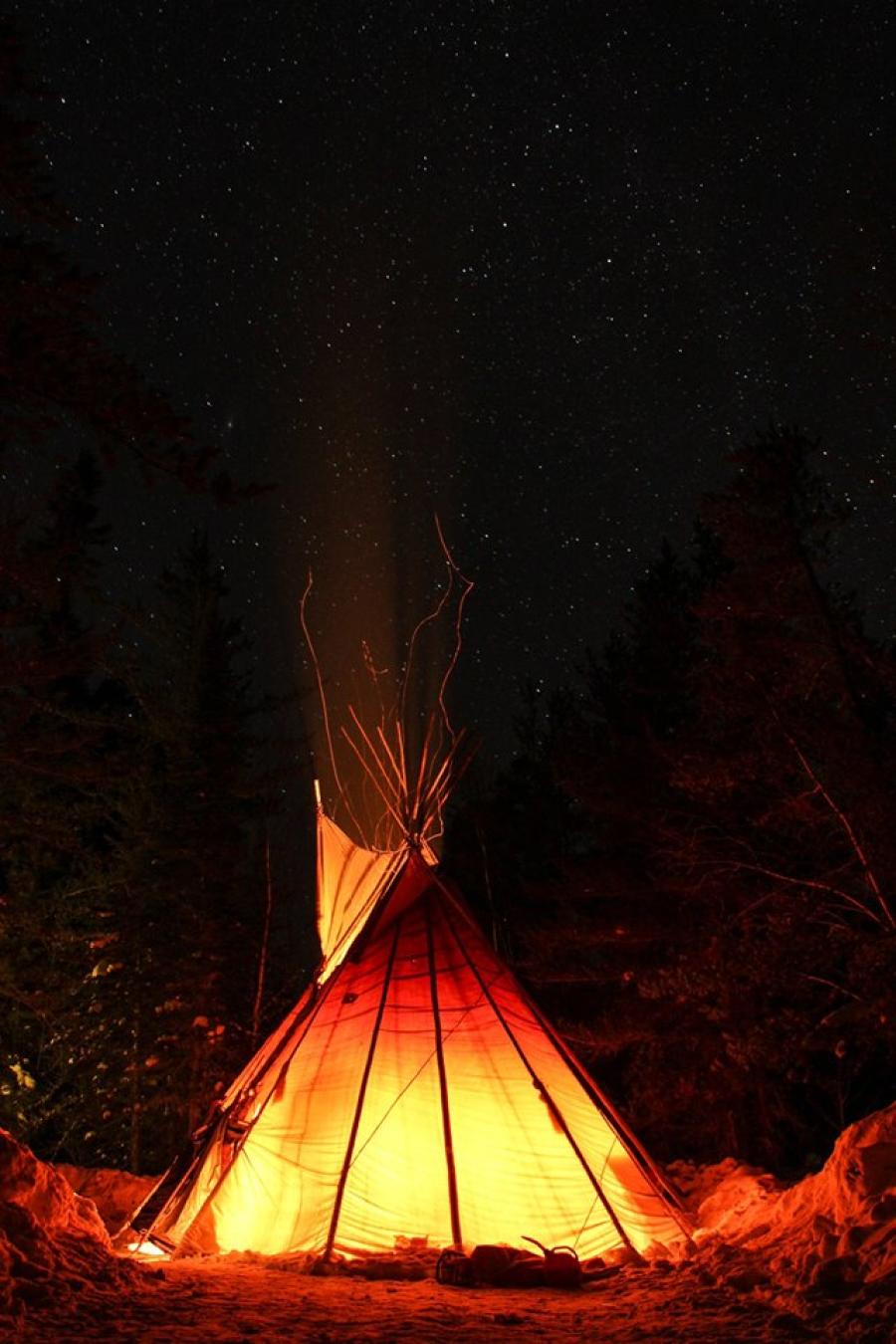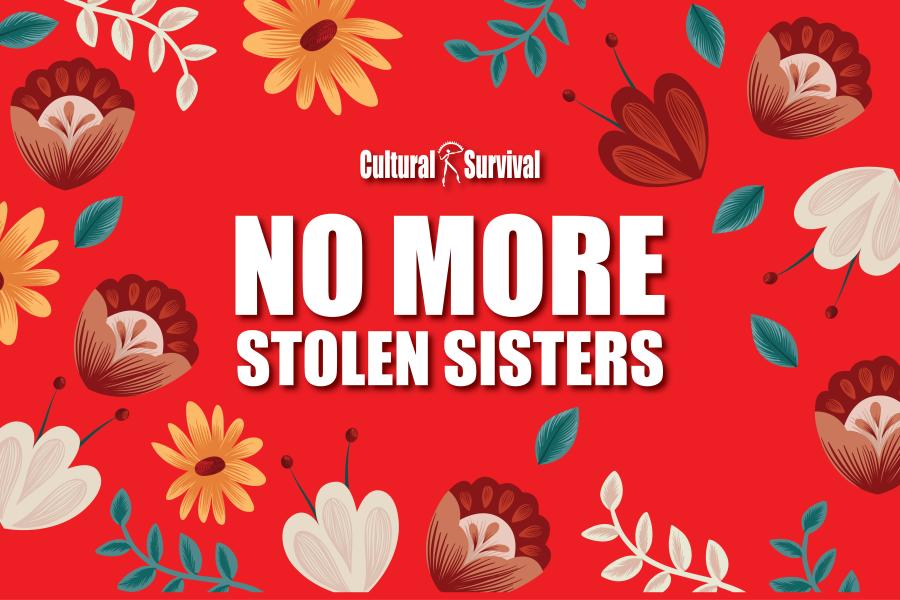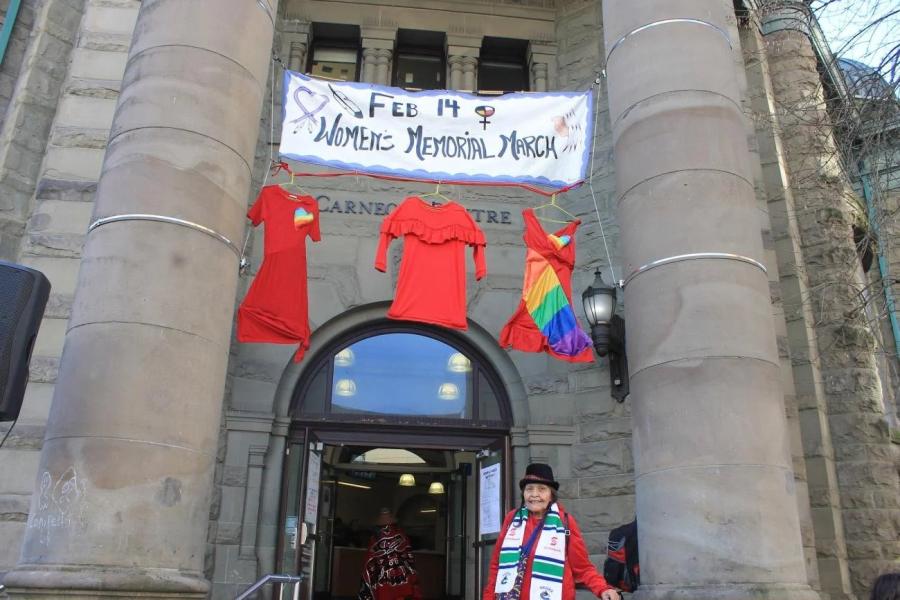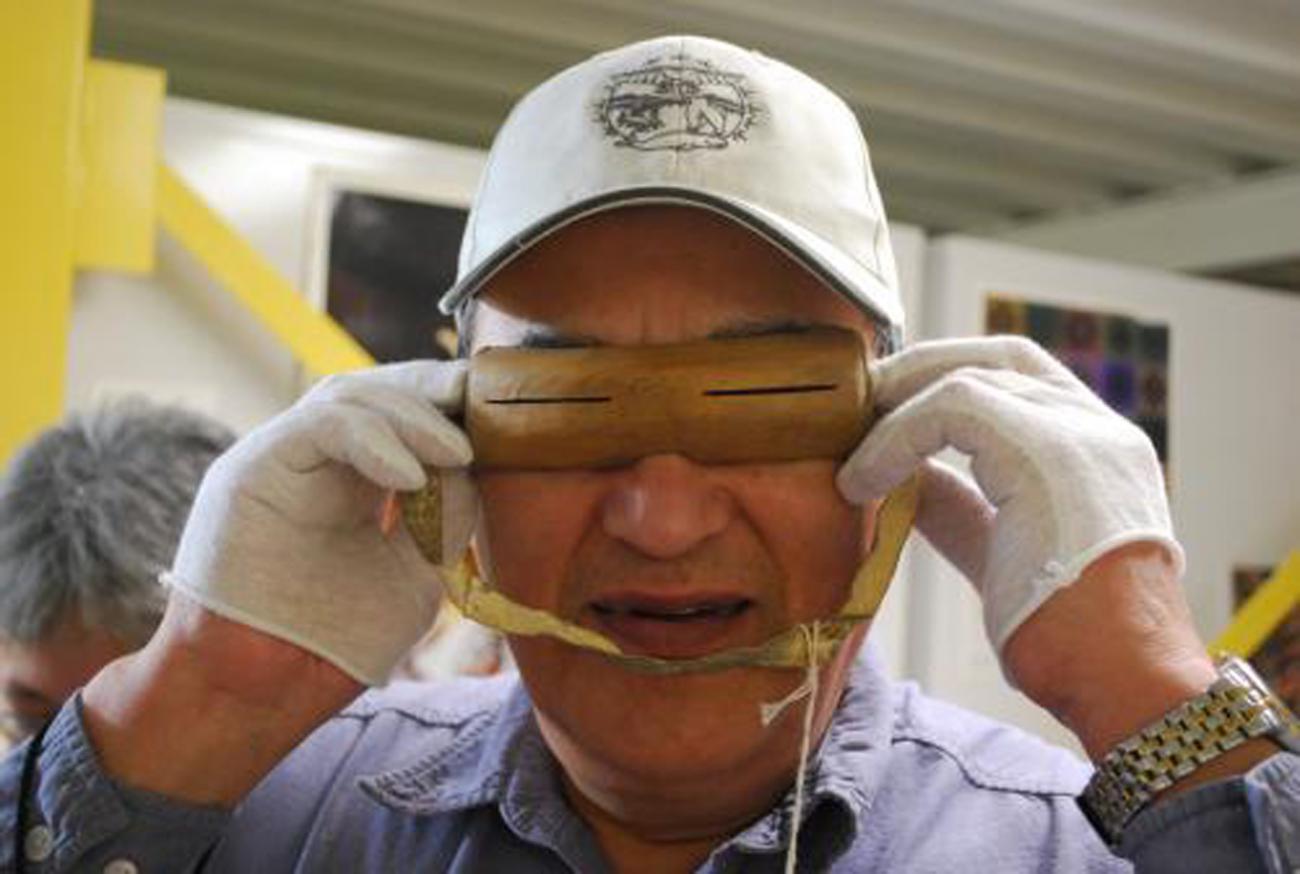
The Intellectual Property Issues in Cultural Heritage research project (IPinCH) at Simon Fraser University in British Columbia, Canada has received an additional $50,000 in funding for the first Social Sciences and Humanities Research Council of Canada (SSHRC) Partnership Award. A previous $2.5 million grant provided the initial funding for the project, which began in 2008. The project explores the rights, values and responsibilities connected to cultural objects and cultural knowledge, as well as the ethics of heritage research.
As George Nicholas, IPinCH Project Director, noted at the SSHRC award ceremony in October 2013, “The first goal is to work with Indigenous peoples to help them gain greater control over their cultural heritage, something that they have had little access to or benefits from for a long time. But a second goal, complementary to this, is to improve the research process so that researchers and the universities and funding organizations have a much better sense as to how to do more equitable and fair research.” The fact that the project won a major national award reflects a “growing recognition [among academics] of the value of community-based participatory research as a primary methodology in working with Indigenous communities,” as stated in the IPinCH award press release. However, Nicholas reports that they had to work to convince SSHRC that allowing communities to lead research is an important and effective strategy.
The project has supported numerous Indigenous communities in their efforts to repatriate cultural artifacts, preserve Indigenous languages, organize cultural tourism enterprises, and initiate other beneficial programs. IPinCH puts Indigenous partners “in the driver’s seat of the research process.” For example, the IPinCH project, “A Case of Access: Inuvialuit Engagement with the Smithsonian Institution” grew out of the Inuvialuit desire to have greater access to and knowledge about a unique collection of Inuvialuit material culture, collected by the Hudson’s Bay trader, Roderick MacFarlane. As Project Leader, Natasha Lyons said in 2009, “Accessing these items, which are central to the continuity of Inuvialuit cultural knowledge, has been a priority for the community for a long time.”
Archeologist Susan Thorpe, who works on an IPinCH-supported project in which New Zealand’s Moriori peoples created a database to preserve traditional knowledge of their cultural landscape, has witnessed the project’s positive outcomes firsthand. She says, “The case study work enabled us to run two cultural database workshops at Kopinga Marae in 2010. At both workshops attendees learned, by doing, about tikane Moriori, caring for guests, performing welcome and farewell ceremonies, collecting and hunting for food, providing hospitality, and experiencing first-hand traditional foods, such as paua, kina, koura, eel and other sea food.”
The IPinCH Project is based,at Simon Fraser University, where Nicholas is Professor of Archaeology, but the project is a collaboration of 52 researchers and 26 partnering organizations from Canada, Australia, United States, New Zealand, South Africa, Germany, England, and Switzerland. Project participants include archaeologists, lawyers, anthropologists, museum specialists, ethicists, policy makers, and many Indigenous organizations. IPinCH is funding 15 initiatives and areas of study ranging from the Canadian Arctic to the Australian outback to the steppes of Kyrgyzstan.
The IPinCH project has generated 47 journal articles, 17 book chapters, and 9 books, as well as fellowships and employment to 64 graduate students.
Upcoming plans for IPinCH include “a community-based research workshop and public symposium, an IPinCH national research ethics policy forum and a public speaker series on intangible cultural heritage.” The policy forum will work on drawing up new ethics policies.
More information is available on the project website (www.sfu.ca/ipinch), including a number of videos and podcasts.
